Abiotic Stress in Plants: Adaptations to Climate Change
Cách thực vật thích nghi với biến đổi khí hậu là một quá trình phức tạp và đa diện, và để hiểu được quá trình này đòi hỏi phải có kiến thức toàn diện về sinh học và sinh thái thực vật. Một số căng thẳng nghiêm trọng nhất mà thực vật phải đối mặt bao gồm căng thẳng về nhiệt và nước, thoái hóa đất và gia tăng sâu bệnh. Việc giải quyết những thách thức này là rất quan trọng để bảo vệ sự sống và sinh kế, đồng thời đòi hỏi sự kết hợp giữa nghiên cứu khoa học, đổi mới kỹ thuật và can thiệp chính sách để tăng khả năng phục hồi của hệ sinh thái và các hoạt động nông nghiệp bền vững. Cuốn sách này là một bước đi đúng hướng, vì nó cung cấp tổng quan toàn diện về khả năng thích nghi của thực vật với các căng thẳng phi sinh học.


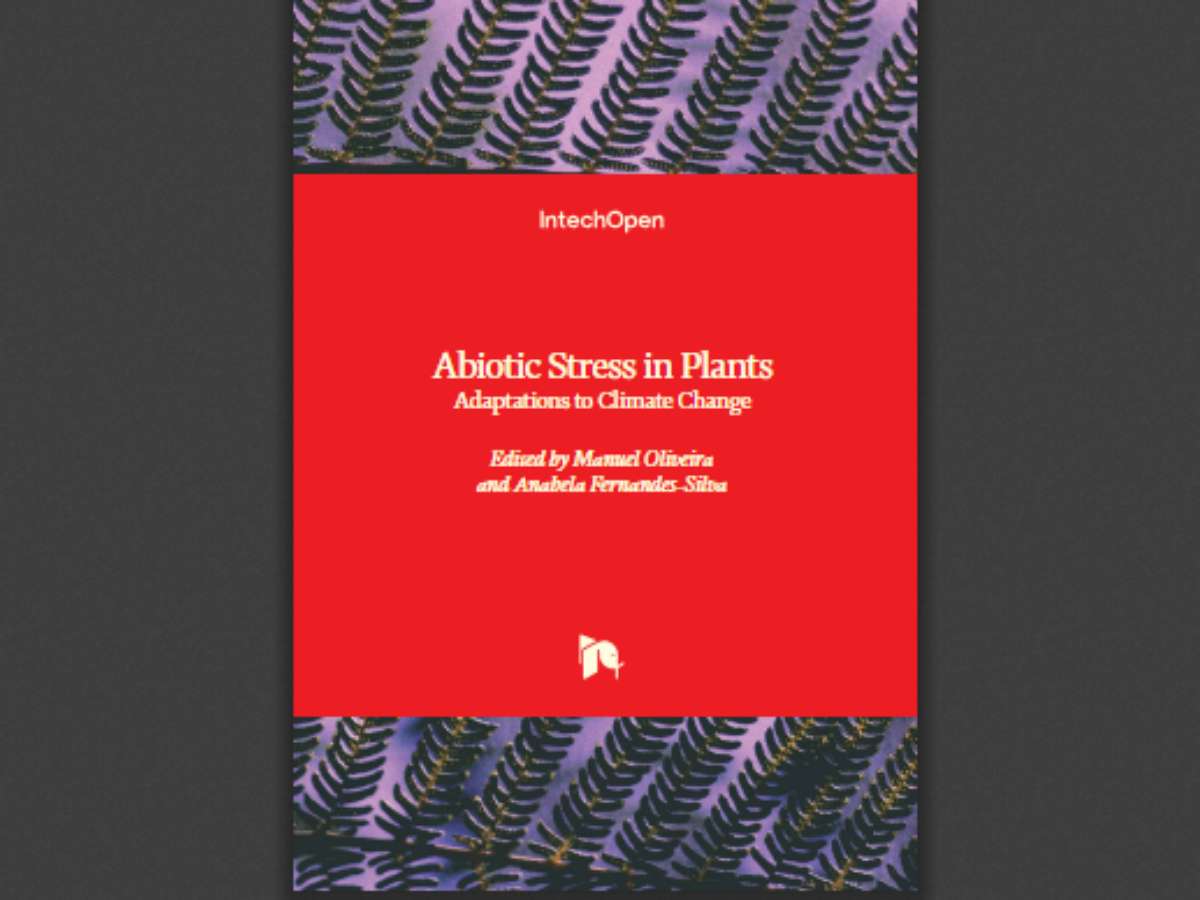
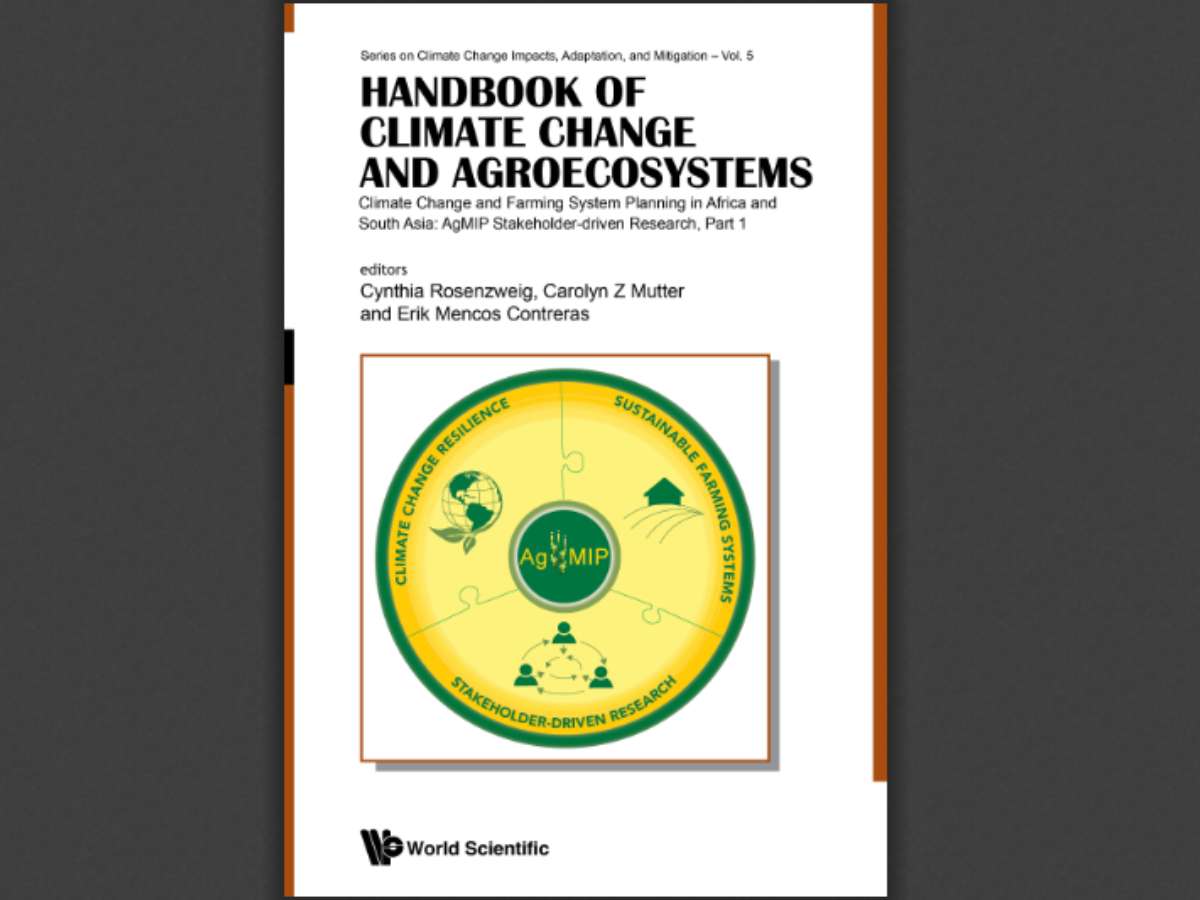
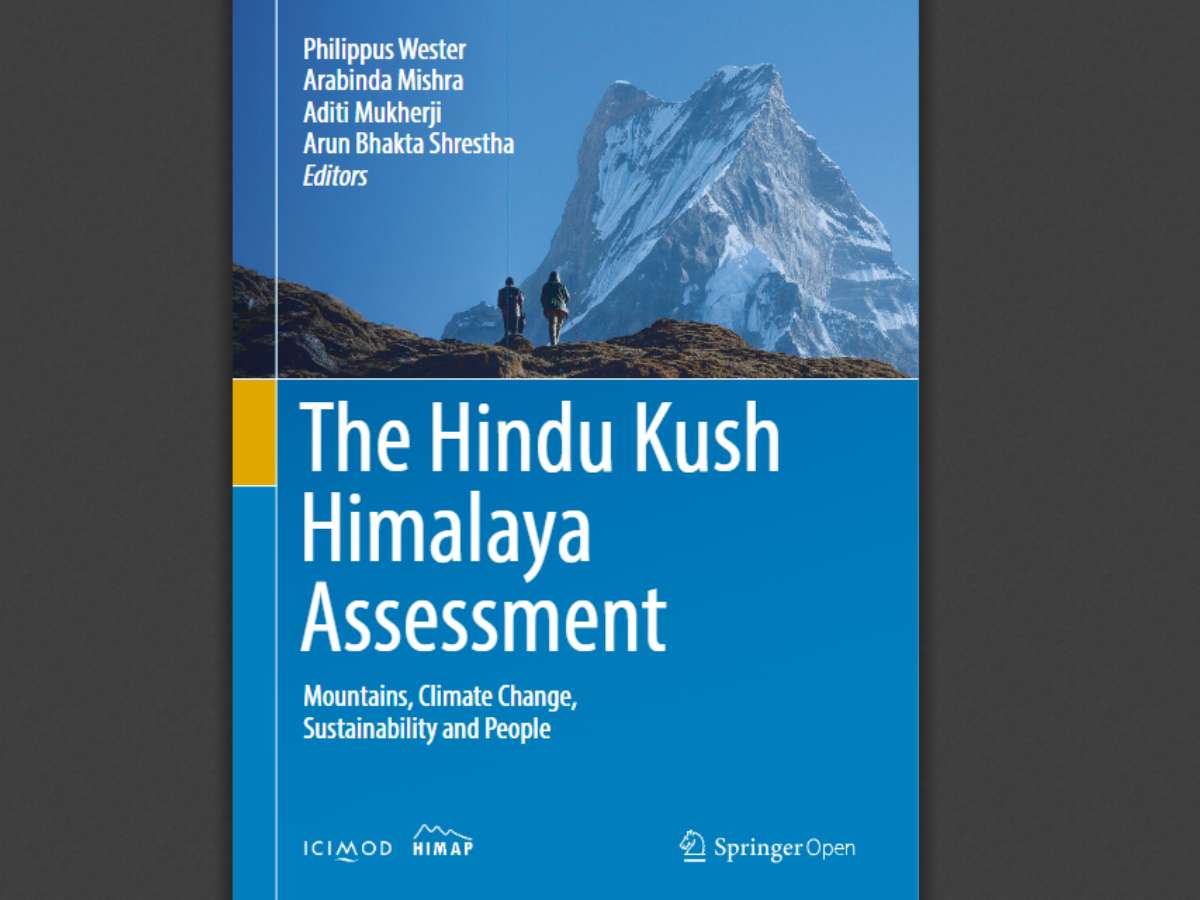
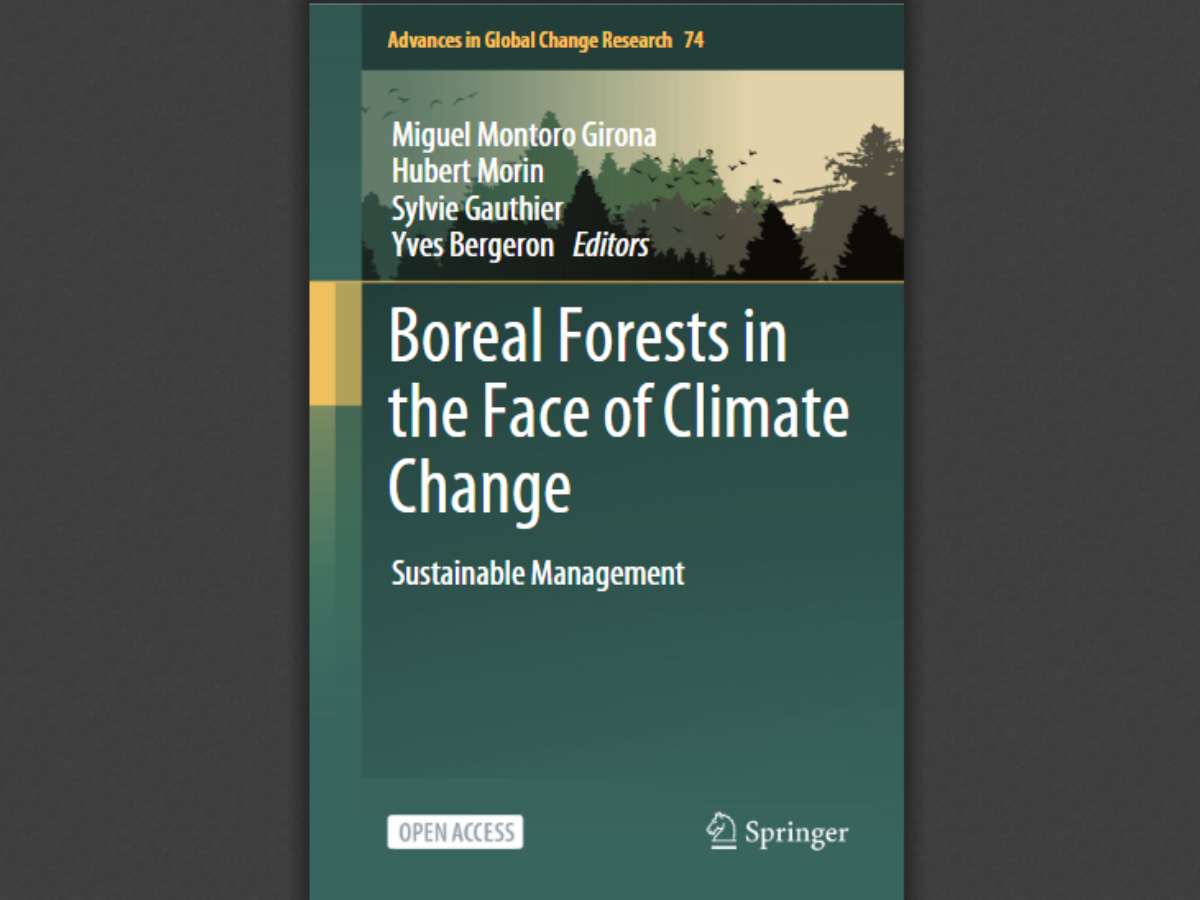
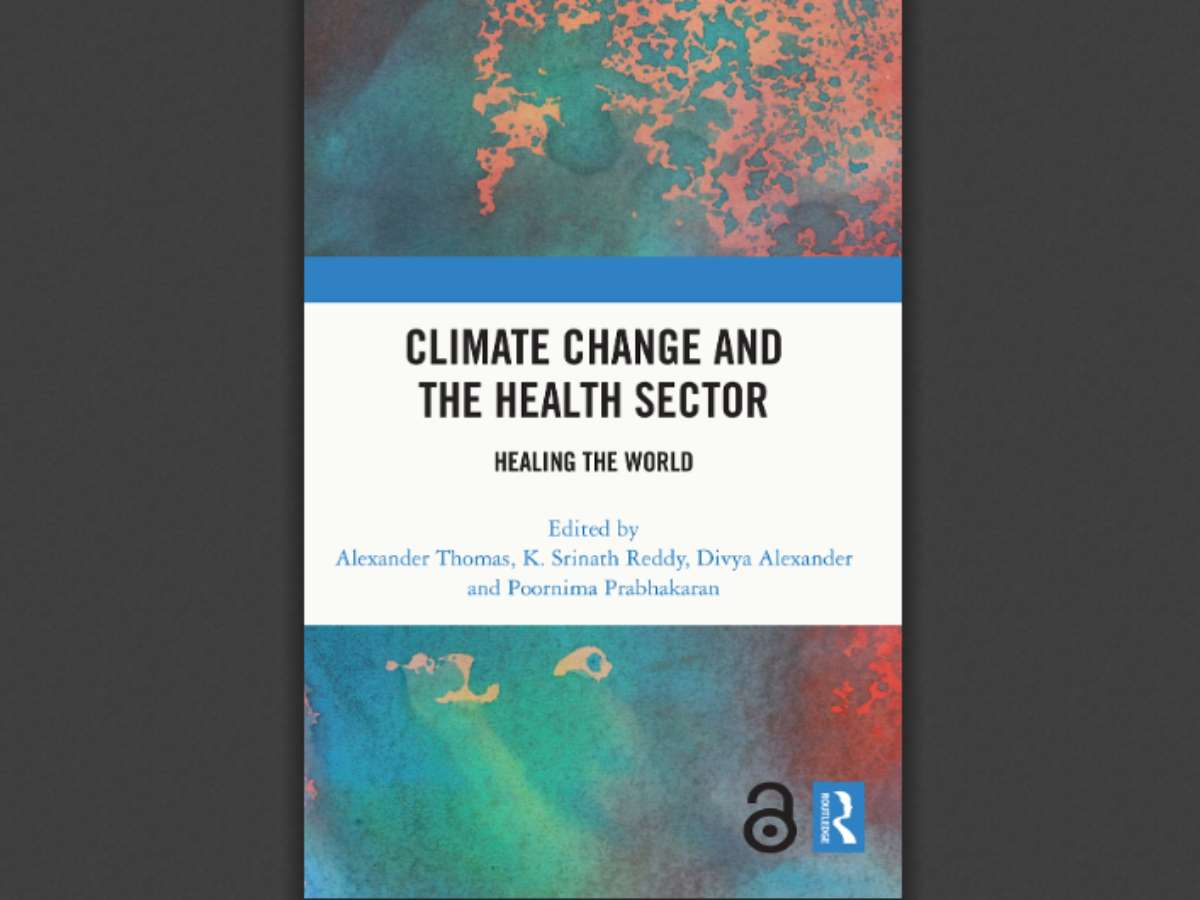
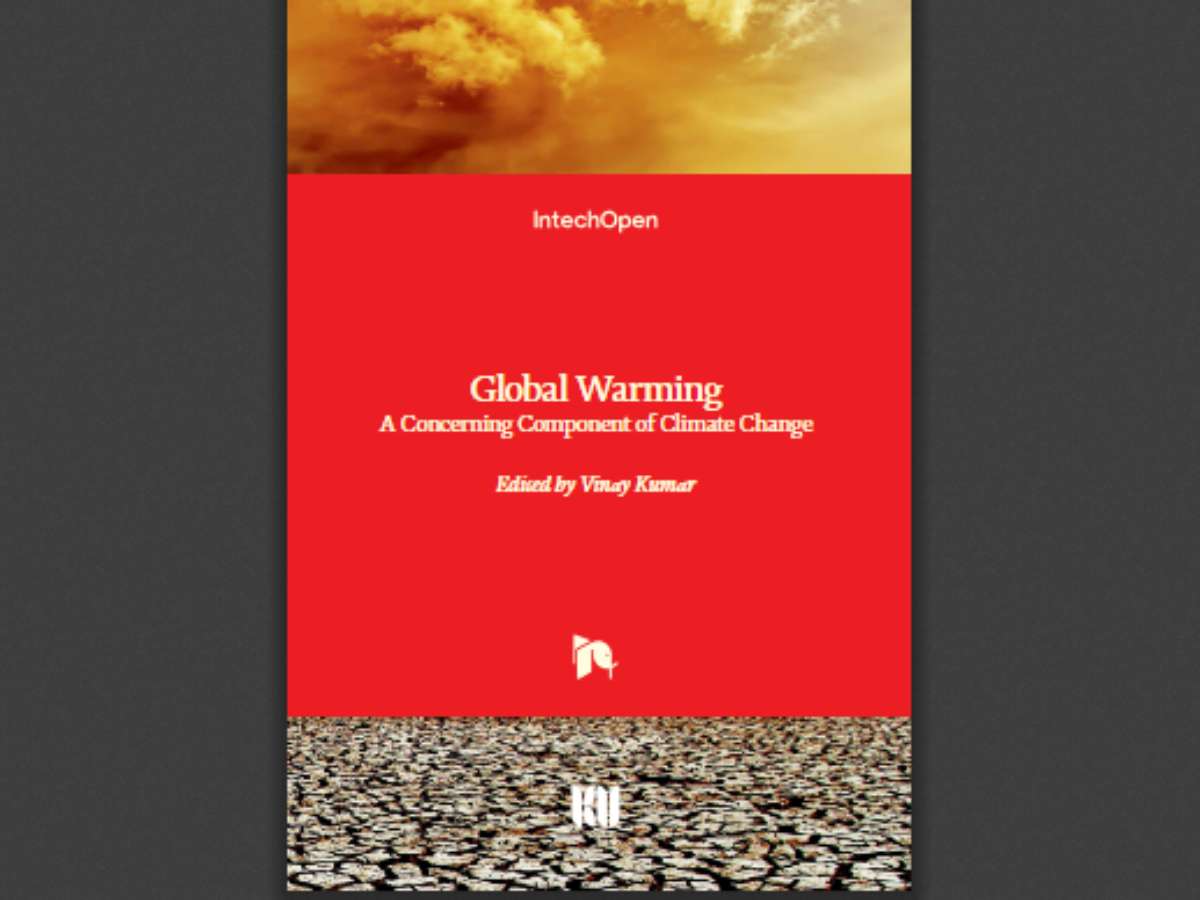
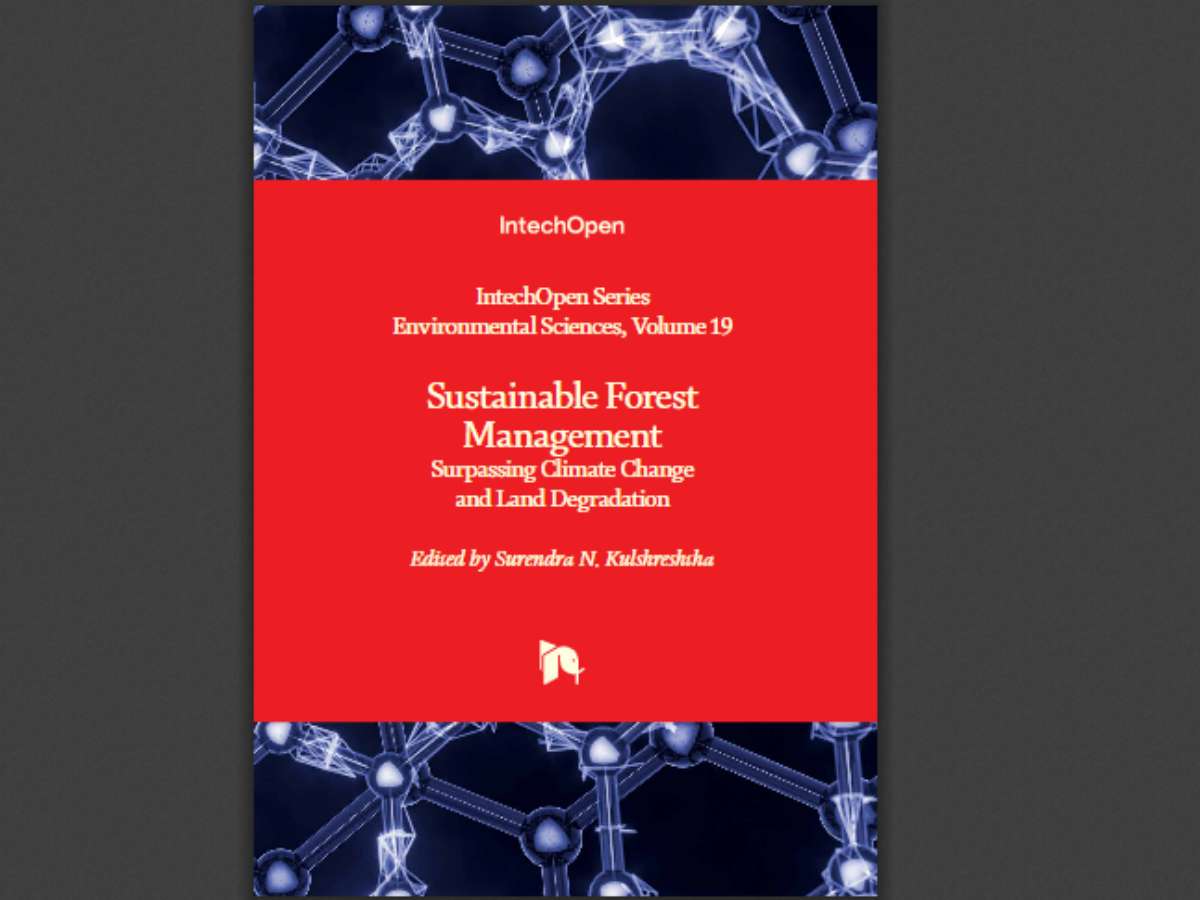

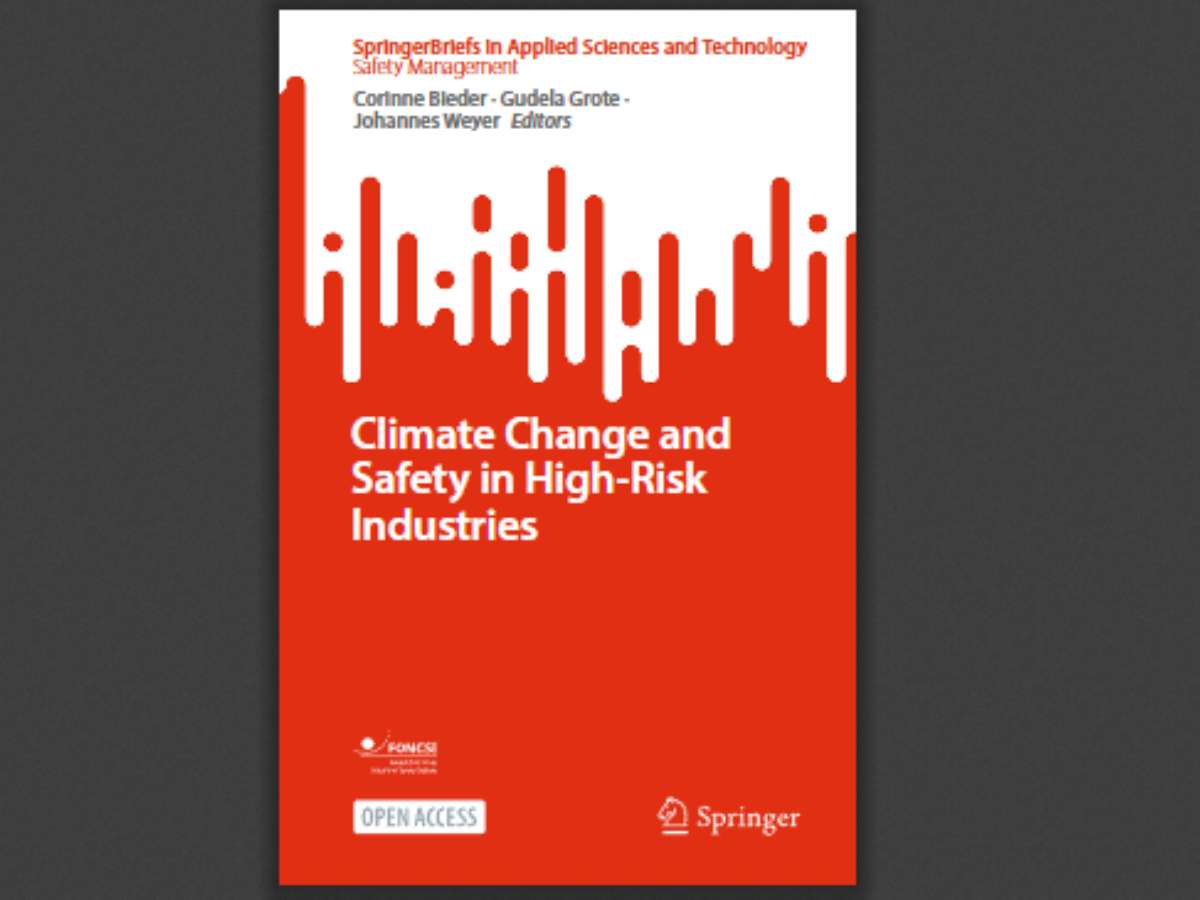
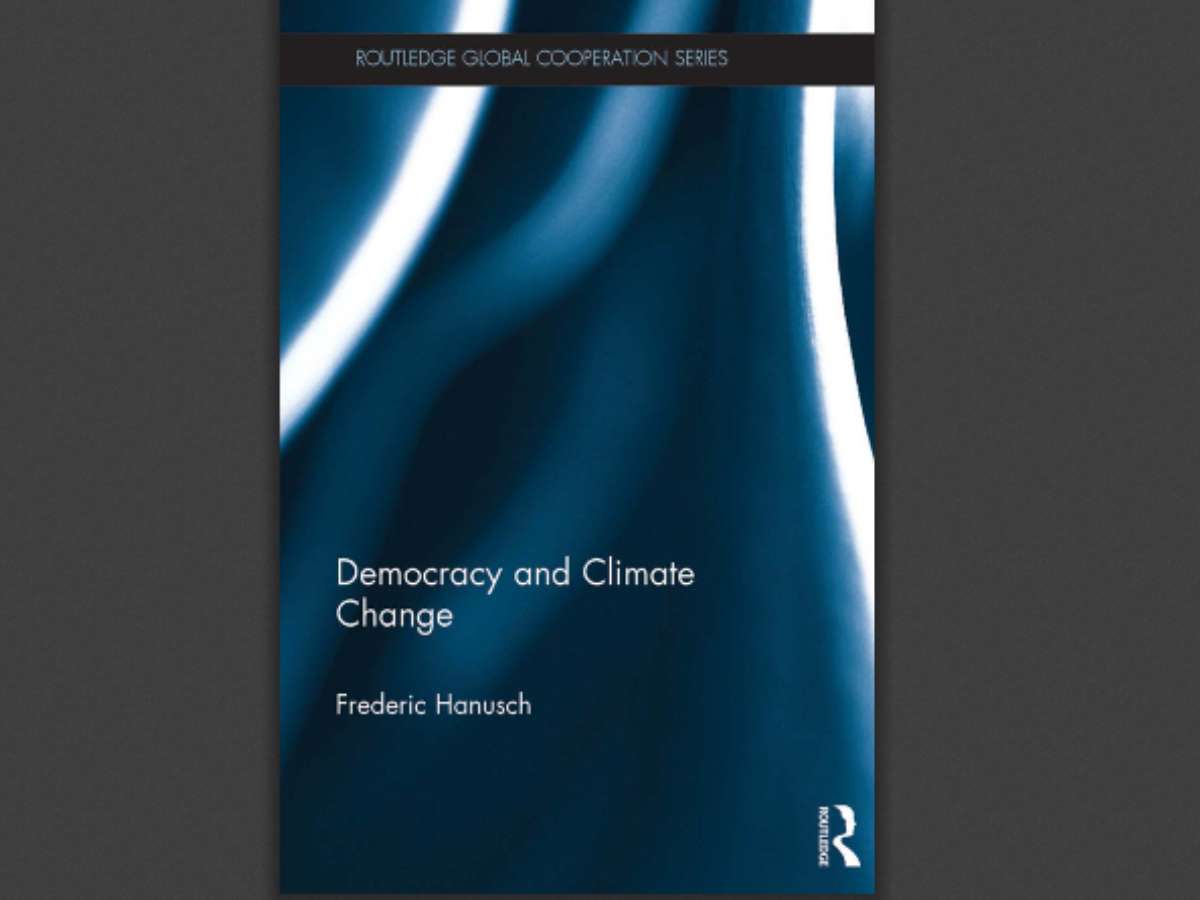



![[Coursera] Khóa học “Tìm hiểu các phương pháp nghiên cứu” của ĐH Luân Đôn](https://lic.haui.edu.vn/media/78/t78458.jpg)
